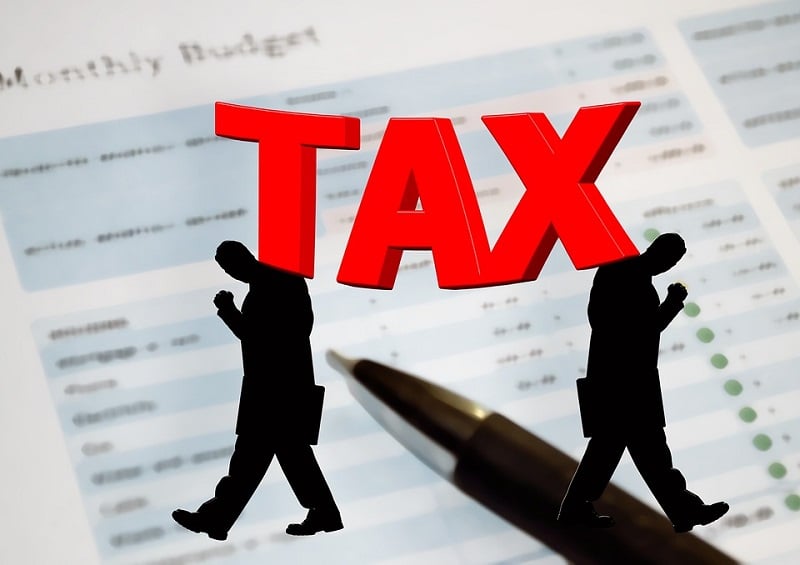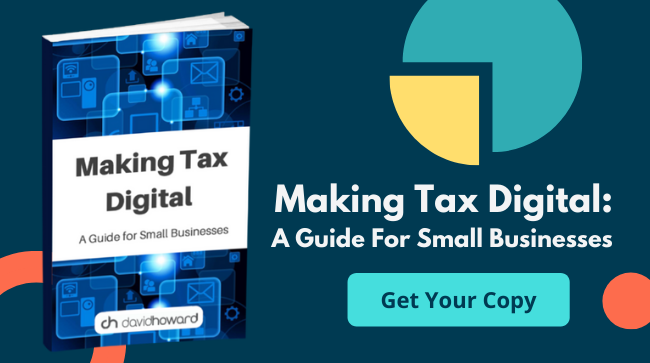Is The 'Making Tax Digital' Movement Aimed Towards Businesses Or The Public?

Making Tax Digital is the government's ambitious plan for a totally digital tax administration in the UK. The digital tax movement encompasses taxation for private individuals and businesses and aims to make it easier to manage tax and cut all associated errors.
So, What Is Making Tax Digital & How Does It Affect Me?
If you're a UK worker and the income tax deducted from your monthly or weekly salary is the only way you generally interact with HMRC, then Making Tax Digital won't really impact you. Your employer will need to handle all the administration needed to switch their payroll over to the new digital requirements, currently scheduled for April 2026 (the end of the soft landing period). You could possibly be affected by Making Tax Digital if you ever need to make a self-assessment return for additional income, or if you should fall into any taxation brackets in future, perhaps due to capital gains, second income earnings, or a windfall inheritance. Digitalisation is not currently planned for all these taxes, however.
If you're a private business owner making regular self-assessment returns, you will soon be impacted by the new Making Tax Digital legislation. This will mean you'll have to submit your tax records using approved digital software from April 2026. The government estimates that avoidable mistakes in tax returns cost more than £9b each year, and the digital tax movement aims to significantly reduce this sum. The government is currently piloting digital tax recording with a number of self-employed business owners and property landlords, and this system cuts out any requirement for filing an annual self-assessment return. You can volunteer to join the pilot scheme on the government website.
Implications Of Making Tax Digital For Business
Businesses currently submitting VAT returns will be among the first to be impacted by Making Tax Digital legislation. Most VAT-registered businesses will need to submit all VAT returns in the new digital format.
The requirement to submit digital VAT returns means organisations need to use approved software which can communicate directly with HMRC via their API (Application Programming Interface).
Is The Digital Tax Move Aimed At Businesses Or Individuals?
As can be seen, the digital tax movement is a comprehensive shake up of tax returns and collections in the UK. It will impact on businesses and individuals, although businesses will be among the first to experience using digital returns software.
Once the system is fully operational it will ideally prove more efficient and time-saving for both business users and private individuals. However, some businesses have already noted that the switch to digital VAT returns will be very costly, in terms of training needs and the requirement for approved software.
Posts by Topic
- Accounting Services (58)
- Tax Services (57)
- Tax (50)
- Smart Accounting Services (34)
- Tax Return (29)
- Corporation Tax (26)
- COVID-19 (24)
- sme accounting (24)
- Clients (19)
- Switching Accountants (16)
- VAT (15)
- Making Tax Digital (13)
- News (13)
- Xero (13)
- Dividend Tax (12)
- bookkeeping (12)
- Payroll (10)
- Cloud Software (9)
- Capital Gains Tax (6)
- Inheritance Tax (3)
- Savings (3)
- Benefits In Kind (Employee Benefits) (2)
- Case Studies (2)
- Stamp Duty (2)
- Trust (2)
- Trust Account (2)
- GDPR (1)
- Insider (1)
- Lifetime ISA (1)
- Retirement Savings (1)
- Wear & Tear Allowance (1)

